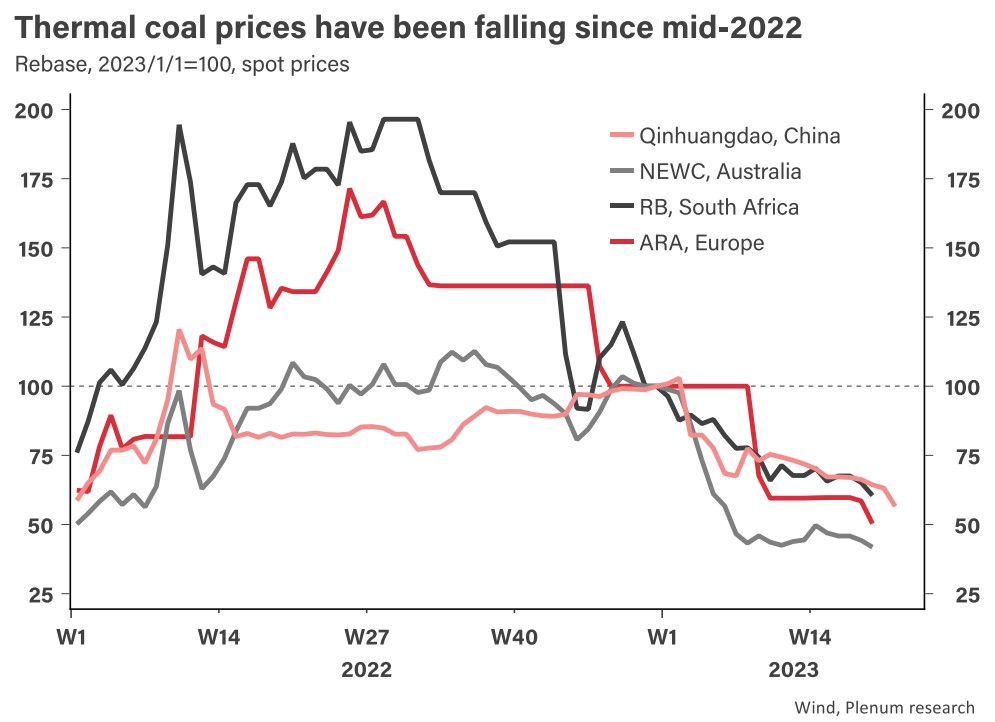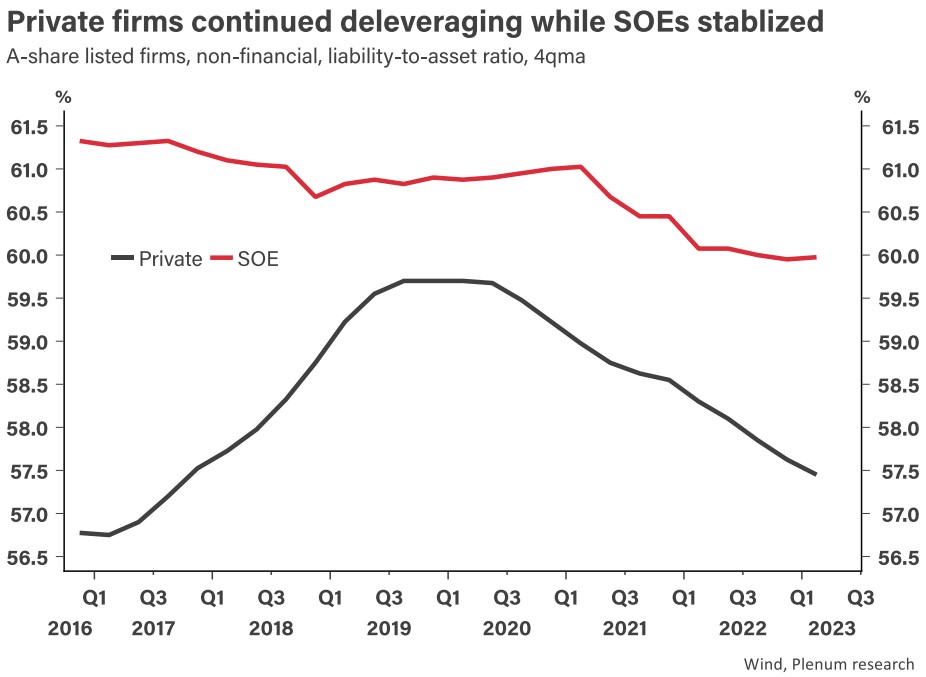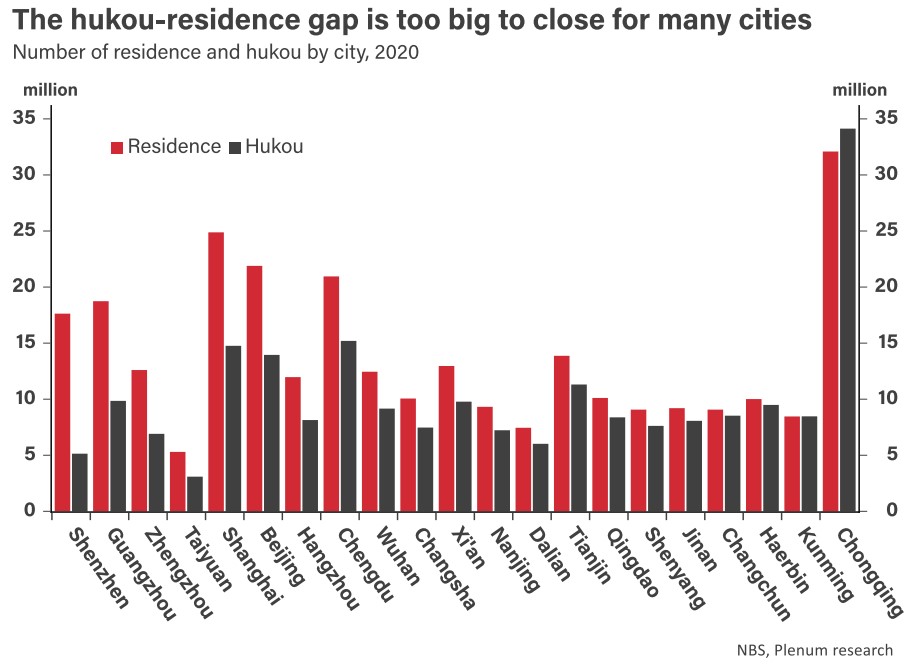
A drought this summer could mean another power crisis in Sichuan, and existing measures do not seem to go far enough to combat this risk.

A drought this summer could mean another power crisis in Sichuan, and existing measures do not seem to go far enough to combat this risk.

Supportive policies are back amid Beijing’s concerns about growth; past experiences suggest they could help put NEV sales over 9mn this year.

Chinese assets have all returned to their levels at the beginning of 2023 and the market is eager for more policy supports by Beijing.

China’s growth momentum slowed in April, with the housing market being the biggest drag through souring sales and construction.

Private firms continued deleveraging and increased investment in only a few sectors; private investment may take longer to recover broadly.

China’s rapid recovery from the Covid pandemic in Q1 has outpaced market expectations and is on track to continue doing so.

Beijing is building an alternative residency permit system that will provide social services and make hukou less important in many cities.

Full year GDP growth is likely to be closer to 6.5% than 6%, and denialists may well have to change their minds.

Beijing has outlined an ambitious plan to make SOEs more competitive in the stock market.

Authorities have made efforts to boost confidence in the private sector by adjusting enforcement policies and clearing misinformation.